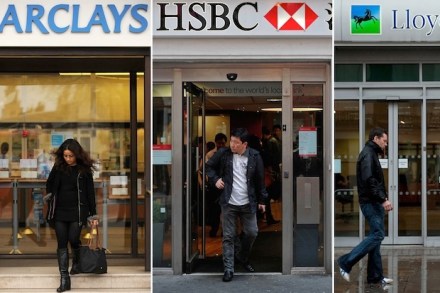Money digest: today’s need-to-know financial news | 6 May 2016
Property news has dominated the financial headlines this week and today is no exception. On the front page of The Times is an exclusive story revealing that Britain’s biggest mortgage lender has decided to increase its age limit from 75 to 80 as it adapts to an ageing population. The change will be introduced by the Halifax next week in response to shifting ‘demographics and working habits’. It means that for new applications the mortgage term will be allowed to run until the borrower’s 80th birthday. Scottish Widows, which is also owned by Lloyds Banking Group, will bring in the same rule. At present only building societies lend to people over 75.


















